Dear Mentor,
My name is Kaity Kim, and I am currently a first-year medical student at Hackensack Meridian School of Medicine. Now that I’ve settled into the semester, established a solid study routine, and completed my first summative exam, I’ve started thinking more seriously about how to get involved in research.
I personally am someone who loves a little bit of everything, so I can imagine how indecisive I will be when I have to choose a specialty. While I’ve heard that clinical rotations will eventually help clarify my direction, the uncertainty makes it difficult to know where to start with research. I initially entered medical school drawn to family medicine because of the patient interaction and the opportunity to care for individuals across different life stages. To my surprise though, I found this week’s first anatomy lab incredibly exciting. After making the first incision in my lab group, I considered that perhaps surgery could be a fit for me! Currently, my interests include family medicine, physical medicine and rehabilitation, dermatology, pediatrics, plastic surgery, and endocrinology.
Given that the research expectations for these specialties range from minimal to highly competitive, I am uncertain about how to approach research at this early stage. Some specialties I’m considering don’t require extensive research for residency, while others have much higher expectations, making me feel like I should start sooner rather than later.
I would be incredibly grateful for any advice you could offer on how to navigate this process. Specifically:
- Should I pursue research projects with broader applications that could be relevant to multiple specialties?
- Or would it be wiser to focus on a project related to the most competitive and research-intensive specialty I’m considering, even though I’m still undecided?
I would also love to hear about your own experience – how you decided on your specialty and the role research played in your decision.
Thank you for your time and guidance!


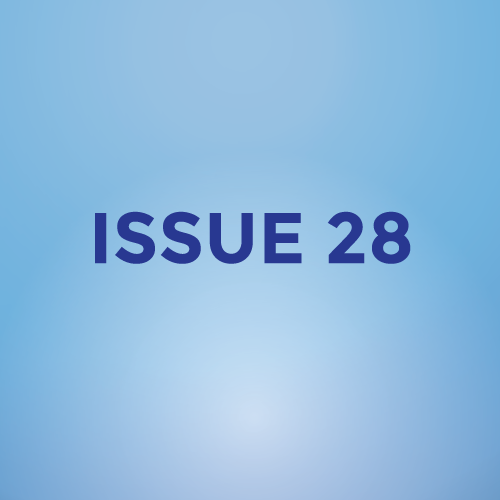
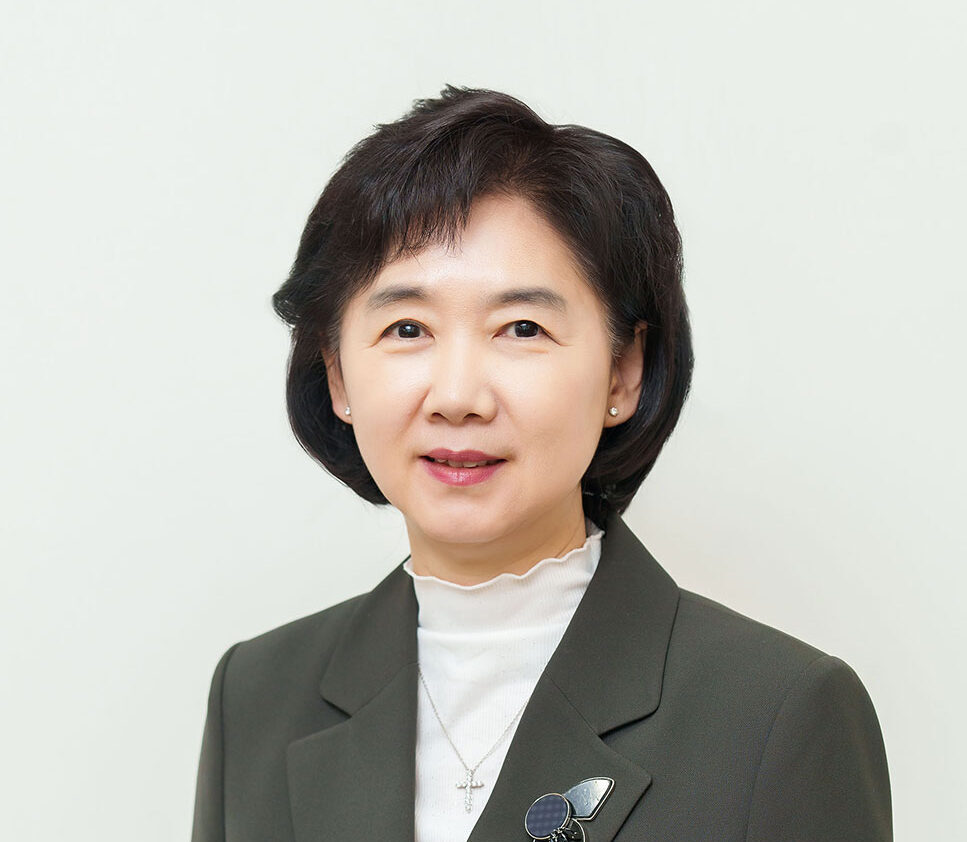
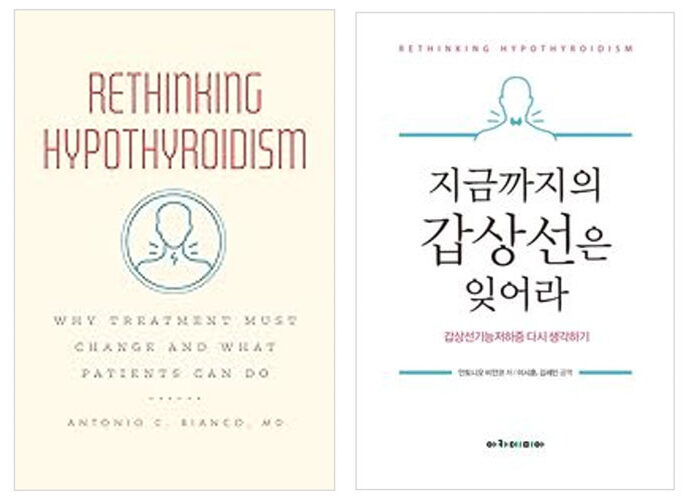
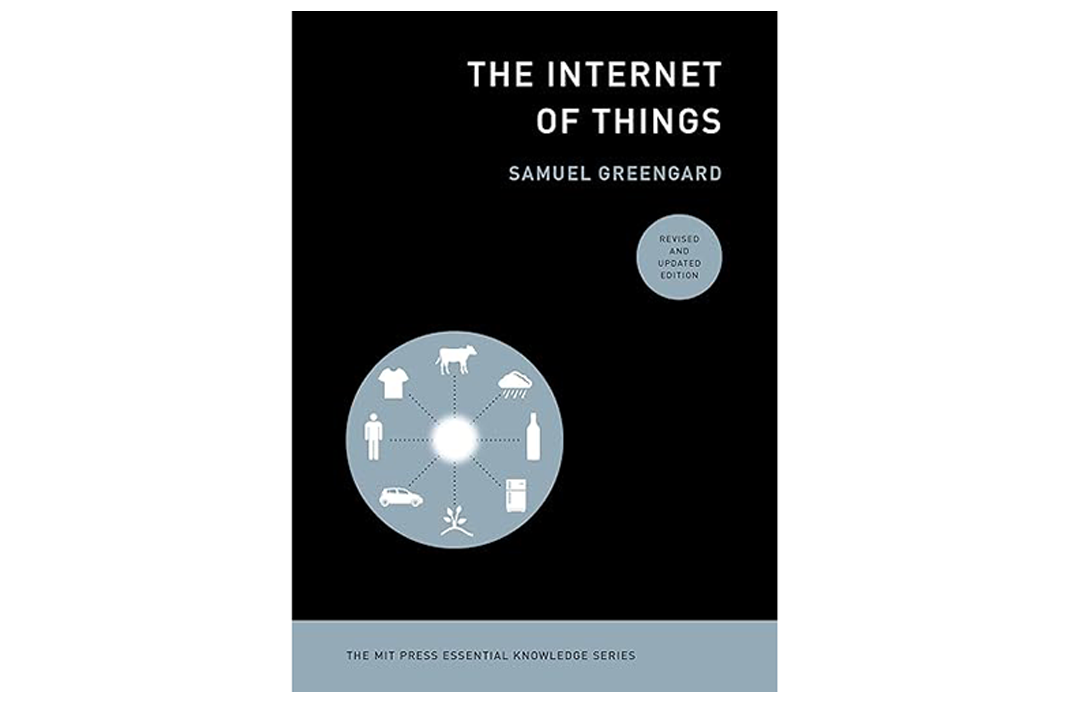
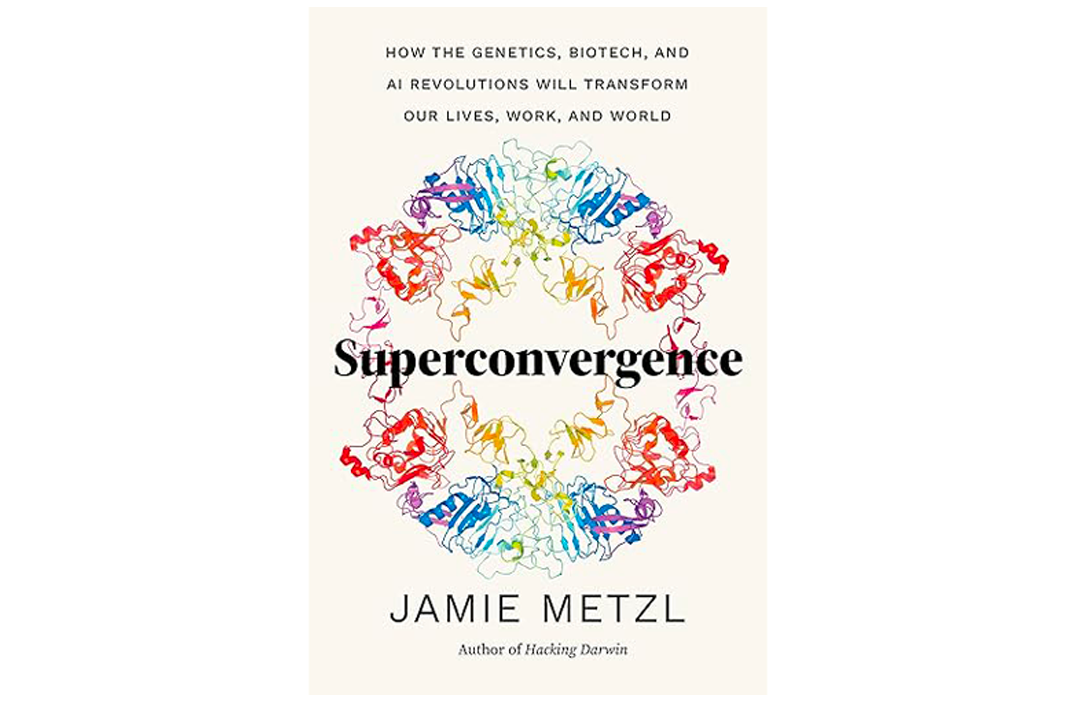


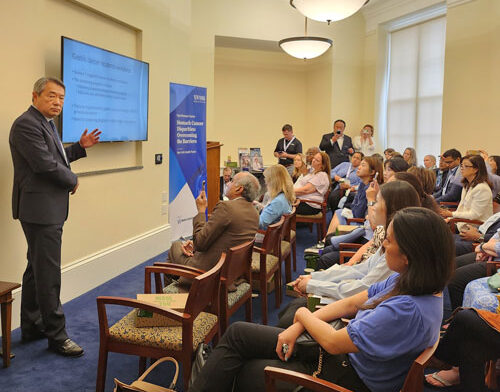
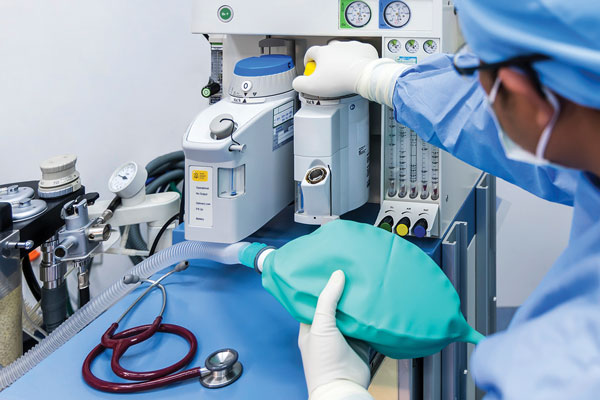

Comment (1)
Response from Mentor:
22 Oct 2024Dear Kaity,
First off, congratulations on beginning your medical journey! Thank you for sharing your questions and concerns as you navigate the early stages of your medical education. It is great to hear how much enthusiasm you have for a variety of specialties as this curiosity will serve you well as you explore different areas of medicine. Rest assured, you are definitely not alone in feeling uncertain and this is an exciting time to be open to different possibilities.
At this point in your journey, it can be very beneficial to pursue research projects that have broader applications. This will allow you to explore different fields without committing prematurely to a specific subspecialty. Topics such as patient outcomes, healthcare delivery, medical education, etc. can intersect with multiple specialities and will ultimately provide you with valuable experience that is transferable across multiple domains. Acquiring skill sets such as data analysis, critical thinking, and collaboration through research is beneficial as these are qualities that all residency programs value. If one specialty does seem to pique your interest more than others, you might consider delving into research more heavily within that field. For example, if surgery fascinates you after your anatomy experience, you could seek out a surgical research opportunity to gain more insight into that world. However, it is important to note that there is no rush to limit yourself early on as it is completely normal for interests to shift during the preclinical years.
For more competitive specialties like dermatology, plastic surgery, or endocrinology, starting research early can be helpful, but it’s not the only deciding factor. Quality matters more than quantity. You don’t need to have multiple research projects lined up right now — one or two meaningful, well-executed projects are often enough to demonstrate your ability to contribute to scholarly work. The key is to ensure that whatever research you engage in, you are genuinely interested and invested in the topic. You also don’t need to dedicate all of your research to just one specialty. There are many instances where students match into a specialty even if not all of their research aligns perfectly with it. The key is to show that you’re engaged in scholarly work, that you can contribute to the academic side of medicine, and that you’re curious and capable of pursuing answers to challenging questions. Research, regardless of the specific topic, demonstrates critical thinking, dedication, and an ability to work through complex problems—skills that are valuable in any specialty.
In my own experience, I was fortunate enough to know early on that I wanted to pursue a surgical specialty. This was largely due to my previous clinical and research exposures before medical school in thoracic and craniofacial surgery. These early experiences gave me a clear sense of what I was passionate about and helped shape my path moving forward. Despite this, I tried to remain open minded throughout medical school and throughout my clinical rotations. Clinical rotations eventually guided my decisions, and research played a supplementary role rather than a defining one. If anything, my story is a reminder that early exposure, even if it’s in a wide range of specialties, can provide you with the clarity you seek. Whether you choose surgery, family medicine, or something entirely different, each experience you have along the way will help inform your decision and refine your interests. Of note, what you will notice more commonly now is that many students dedicate an extra year during medical school to pursue a research fellowship. This is a valuable option, especially for those interested in more competitive specialties. Ultimately, this is what I decided to do as a medical student interested in plastic surgery. Taking that extra time allowed me to delve deeper into research, strengthen my application, gain a clearer understanding of my long-term career goals, and most importantly gain mentors who have been instrumental in shaping not only my professional trajectory but also my personal growth.
For now, focus on maintaining your curiosity, building a solid foundation in your studies, and seeking out research opportunities that genuinely interest you. Research is a tool for growth and discovery, not just a checkbox for residency. As you progress through medical school, the right path will become clearer, and your research efforts will enhance, rather than dictate, your choices.
Respectfully,
Joshua Choe
New York Medical College, MS4